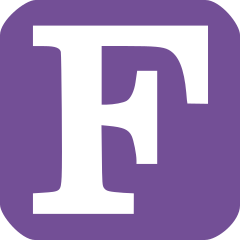
Description: This course is in response to the inquiry from the research community: Is FORTRAN (still) supported? While to many FORTRAN sounds like Latin, with its glory in the past, an ancient, dead language today, the reality is quite the opposite. Fortran, as the way it is spelled today, is still alive, still used by many people, after undergoing significant modifications and improvement in the past two decades that are rarely seen in any other languages.
Since the introduction of the milestone of Fortran 90 standard, Fortran has become very different from its ancestor with many new modern language features. Inherited from old FORTRAN standards and enhanced by the newer ones, Fortran is still the language of choice for scientific computing for its intrinsic support for real and complex floating point operations. Its array handling, enhanced by index slicing, makes array processing similar or identical to its counterparts, such as MATLAB, hence superior to any other programming languages. The unified interface of intrinsic functions for all data types makes translating mathematical expressions to computer programmes a lot cleaner and easier. Further, since the standard 2008, the introduction of co-arrays has made writing parallel code that can run on multiple core computers and clusters trivial, one needs not to know the traditional message passing interface (MPI) library, nor threading. They are built into the syntax of the language itself.
This course is a companion to the Modern C++ course, where you will find the features missing from Fortran that are more essential to general purpose computing than number crunching. We will show some of the practice of interlanguage programming, through which the shortcomings of Fortran could be complemented by interfacing with C/C++.
Length: 3 days
Activities: In-class exercises and homework.
Prerequisite knowledge: Some experience with scientific computing in any language.
- Teacher: Baolai Ge
